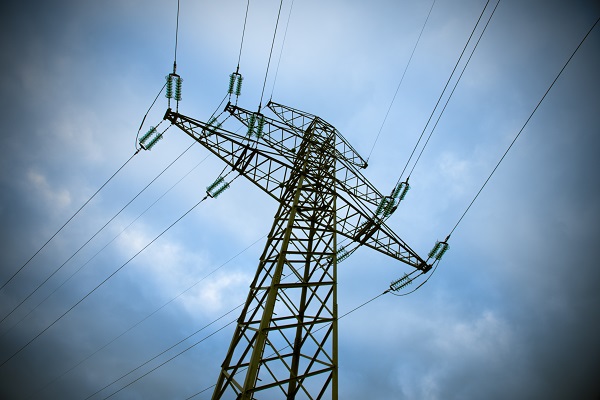November 2, 2023
EU member states agree on electricity market reform
What’s happened?
On October 17th EU member states reached agreement on how to reform the bloc’s electricity market with the aim of protecting consumers, providing a more stable business environment and incentivising investment in renewables. Member states managed to reconcile opposing French and German positions on promoting investment in nuclear power, which had stymied progress.
Why does it matter?
At stake is the need to prevent a repeat of the 2022 energy crunch, when soaring gas prices resulted in a spike in electricity prices in the EU owing to the use of the “merit order” principle to set wholesale prices. The new proposal has three key aims. First, it aims to better protect consumers by giving more choice and supporting vulnerable households. Second, it will create a more stable business environment by encouraging power purchase agreements between commercial users and power generators. And third, it will support the green transition by using so-called contracts for difference (CfDs)—setting a stable, pre-agreed price with the generator, so that future revenues are guaranteed—in order to incentivise the installation of renewable energy. Under the new agreement, CfDs will be compulsory when public funding is involved.
The biggest political challenge was to accommodate opposing French and German positions on the use of CfDs to support nuclear power. The French government has been pushing for nuclear power to be treated as a renewable energy source in the EU, a position challenged by the German government, among several others.
In a concession to the French government, member states agreed that CfDs could be used not only to promote new investment projects but also to upgrade and prolong the lifespan of existing nuclear capacity. This would allow France to use these contracts to upgrade its ageing nuclear fleet. However, it was also agreed that the European Commission should be involved in designing these contracts to ensure the continued smooth functioning of the internal market. The German government in particular is concerned that the French government could use CfDs to subsidise industrial electricity prices to support French industry. German discussions with the Commission about subsidising Germany’s own domestic industrial electricity prices are still ongoing.
What next?
EU member states and the European Parliament are now ready to negotiate the final legislation. Agreeing on consumer protection and market stability measures should be fairly uncontroversial, but the final text on CfDs and nuclear power is likely to prove more challenging. Much will depend on the role of the Commission in designing national electricity market contracts and determining how to avoid future market distortions. Among the more controversial elements, this is likely to mean an end to the French ARENH mechanism, which gives industry access to heavily subsidised electricity.
Source: EIU
Legal Notice: The information in this article is intended for information purposes only. It is not intended for professional information purposes specific to a person or an institution. Every institution has different requirements because of its own circumstances even though they bear a resemblance to each other. Consequently, it is your interest to consult on an expert before taking a decision based on information stated in this article and putting into practice. Neither Karen Audit nor related person or institutions are not responsible for any damages or losses that might occur in consequence of the use of the information in this article by private or formal, real or legal person and institutions.






